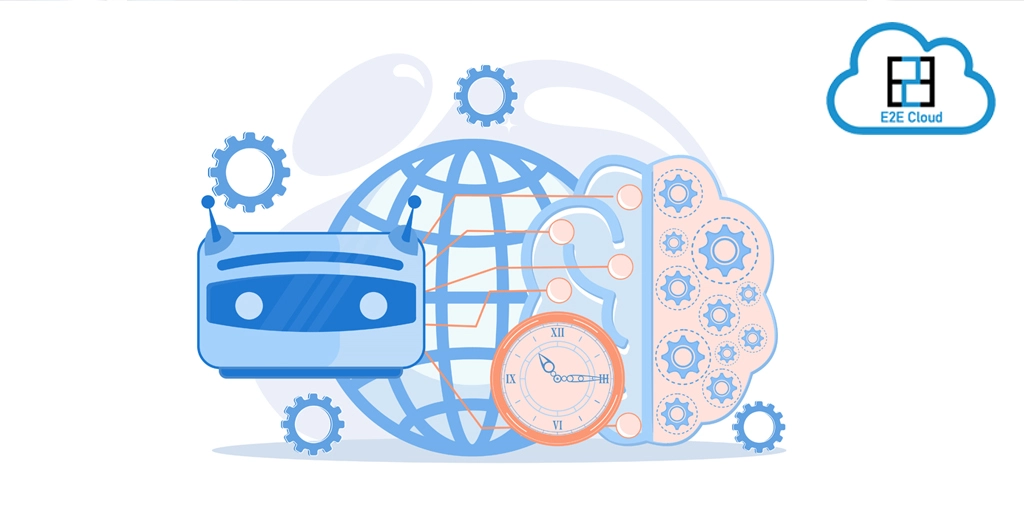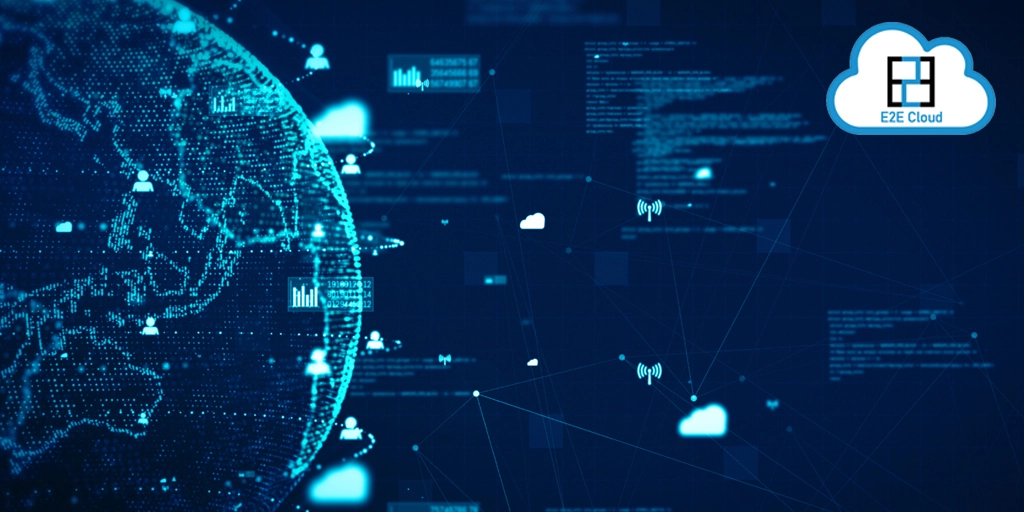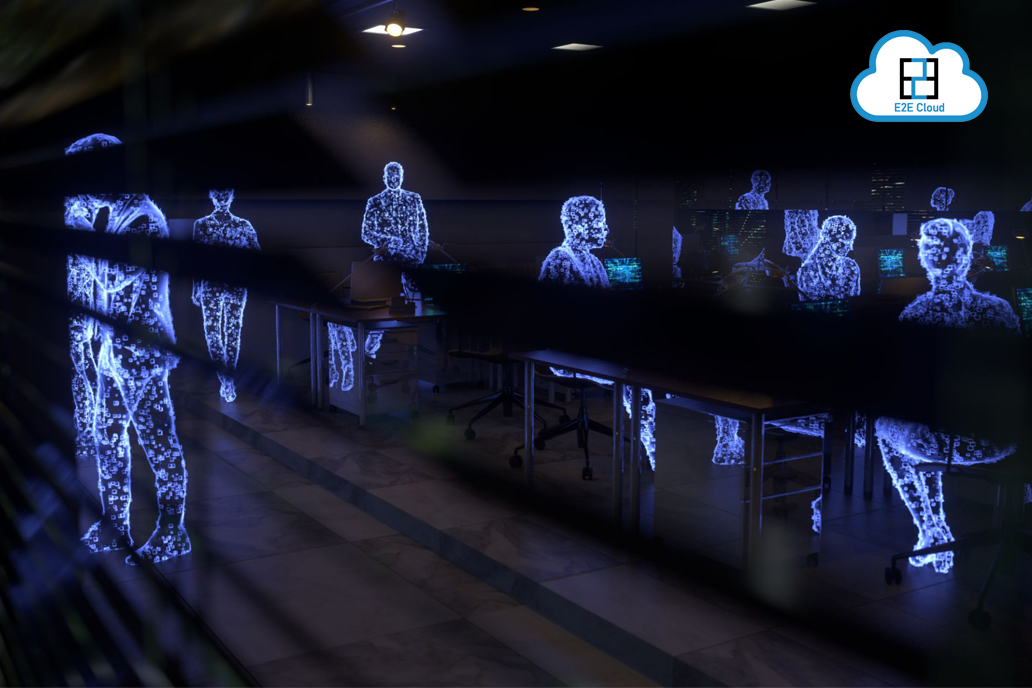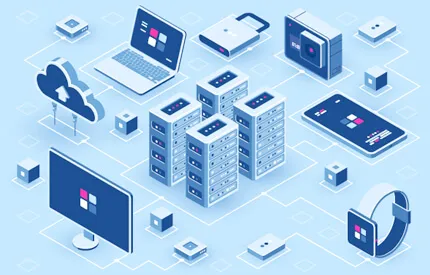What is ERP?
ERP stands for Enterprise Resource Planning; but what exactly does this mean? To define ERP in the simplest way, we can think of it as a platform that integrates all the core processes of a company - finance, HR, manufacturing, supply chain, services, procurement, and others – into one system.
The modern ERP systems use the latest technologies, such as machine learning and artificial intelligence, to enhance the visibility and efficiency of each process within a business.
After implementing ERP, 49% of the companies said they improved their business processes. Only 5% said they were not able to improve their business processes.
Introduction to Cloud-Based ERP
Cloud ERP is a Software as a Service (Saas) that lets organizations access ERP software over the internet. It has much lower overall costs than on-premise ERP installation because it cuts down the expenditure for hardware and software.
Moreover, the cloud-based ERP systems let the businesses and employees access their critical applications from anywhere and anytime. It is of great value to small and medium-sized businesses to save costs and boost productivity.
Benefits of Cloud ERP Systems
The technological world is evolving at a breakneck pace. The on-premise ERP systems often get too rigid and fail to keep up with changing business practices. That’s where cloud ERP emerges as a boon for companies of all sizes.
Here are some of the top reasons as to why business leaders should opt for cloud Saas ERP for their company:
1. Enhanced business intelligence
Cloud computing lets businesses access their data remotely without any complicated technical configuration. It also eliminates the need for robust IT staffing. Over the past couple of years, the number of companies deploying business intelligence in the cloud has increased significantly.
2. Security
Certain business leaders are skeptical about cloud security and believe that cloud encryption isn’t secure enough. The reality is, however, different from what they think. Cloud ERP software offers reliable security to businesses and their sensitive data. There is no need to worry about data getting hacked by a third party; why? Because the system tracks all the activities that take place and fully encrypts the data stored over the cloud.
3. Compatibility
A common issue faced in the case of on-premise ERP software is a lack of compatibility with other systems, especially when you upgrade them to newer versions. Cloud-based ERP comes with standard tools to facilitate integration with other technology. It helps the businesses in streaming data from other systems in their ERP to obtain a more complete, accurate, and updated view of the company’s data.
4. Scale your growth
Let us tell you a secret, scaling is a complicated science. When you are unable to grow and scale your business, you ultimately fail to keep up with your customers and competitors in the market. But that does not mean you are overspending and wasting resources on over-scaling!
Cloud-based ERP can help resolve this dilemma. You can use it to scale your ERP package to accommodate the required number of users without replacing the existing hardware or software.
An average for ROI time in a group of businesses that used ERP was just over 2.5 years. So, if you have been planning to implement ERP, this is a good number for you.
5. Continued support
The cloud-based ERPs come with 24/7 support for businesses. The cloud ERP solution providers can quickly resolve any issue that you might be facing while using it. They also ensure that the ERP is updated with the latest tools and technologies embedded in it.
Why is Cloud Computing the Future of ERPs?
The ERP market is rapidly growing, with the total market size expected to overpass $49.5 billion by 2024. With such a shift towards ERPs, businesses need to keep their systems updated.
Doing so with the help of on-premise software and hardware can be time-consuming and costly. Cloud will be the solution opted by the business leaders to keep up with the growing trends.
When you get advantages like saved costs, enhanced speed, global scaling, boosted productivity and performance, and most importantly, security, why would you not switch to cloud?
To Sum Up
ERP is the financial lifeblood of any organization. Agree with us? After all, it holds all the critical data and processes from different aspects of the business. An international survey of ERP users shows that 64% of the companies are using SaaS, 21% are using cloud ERP, and only 15% are using on-premises.
If you are still using the on-premise ERP software, it’s high time that you consider switching to the cloud. We hope this article helped you understand the growing trend of cloud computing in the ERPs and why the cloud is the future.










